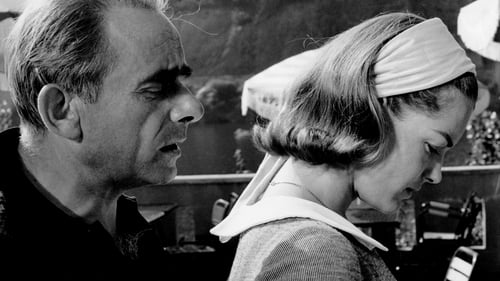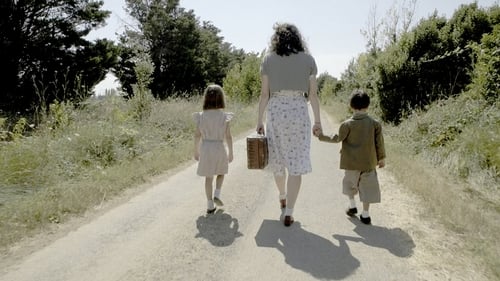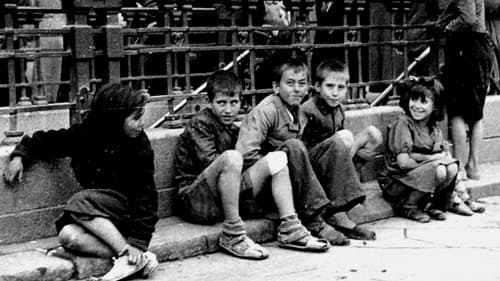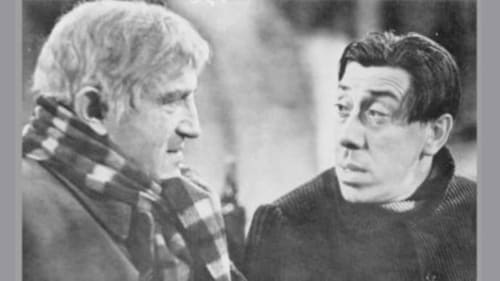Philippe Pétain
Рождение : 1856-04-24, Cauchy-à-la-Tour
Смерть : 1951-07-23
История
Henri Philippe Benoni Omer Joseph Pétain, plus simplement connu sous le nom de Philippe Pétain, né le 24 avril 1856 à Cauchy-à-la-Tour (Pas-de-Calais) et mort le 23 juillet 1951 à Port-Joinville, sur l'île d'Yeu (Vendée), est un militaire, diplomate, homme politique et homme d'État français. Chef militaire à l'action importante au cours de la Première Guerre mondiale, Pétain est généralement présenté comme le « vainqueur de la bataille de Verdun » et, avec Georges Clemenceau, comme l'artisan du redressement du moral des troupes après les mutineries de 1917. Il est nommé commandant en chef des forces françaises et le reste jusqu'à la fin de la guerre, bien qu'en 1918, la direction de l'ensemble des armées alliées lui échappe au profit de son rival Ferdinand Foch. Il est fait maréchal de France en novembre 1918. En 1925, Pétain devient commandant des forces françaises combattant aux côtés de l'Espagne dans la guerre du Rif, en lieu et place du maréchal Lyautey à ce poste depuis 1912. Auréolé d'un immense prestige au lendemain de la guerre, Pétain devient académicien en 1929 et occupe brièvement les fonctions de ministre de la Guerre, de février à novembre 1934, puis d'ambassadeur en Espagne (1939). Rappelé au gouvernement le 17 mai 1940 au moment de l'invasion allemande, il s'oppose à la poursuite d'une guerre qu'il considère comme perdue et dont il impute bientôt la responsabilité au régime républicain. Chef de file des partisans de l'arrêt des combats, il devient président du Conseil en remplacement de Paul Reynaud le soir du 16 juin et appelle, dès le 17, à cesser le combat. Il fait signer l’armistice du 22 juin 1940 avec l'Allemagne d'Adolf Hitler à Rethondes, retirant la France du conflit. Investi des pleins pouvoirs constituants par l'Assemblée nationale le 10 juillet 1940, il s'octroie le lendemain le titre de « Chef de l'État français », qu'il conserve durant les quatre années de l'Occupation des armées du IIIe Reich. Installé à Vichy à la tête d'un régime autoritaire, il abolit les institutions républicaines et les libertés fondamentales. Il engage le pays dans la Révolution nationale et dans la Collaboration d'État avec l’Allemagne nazie. Jugé à la Libération pour intelligence avec l'ennemi et haute trahison par la Haute Cour de justice, il est, par arrêt du 15 août 1945, frappé d'indignité nationale, condamné à la confiscation de ses biens et à la peine de mort, la cour recommandant la non-application de cette dernière en raison de son grand âge. Sa peine est commuée en emprisonnement à perpétuité par le général de Gaulle, chef du Gouvernement provisoire de la République française. Il meurt en détention sur l’île d’Yeu, où il est inhumé. Âgé de 84 ans en juillet 1940, Philippe Pétain reste à ce jour le chef d'État le plus âgé de l'Histoire de France.







